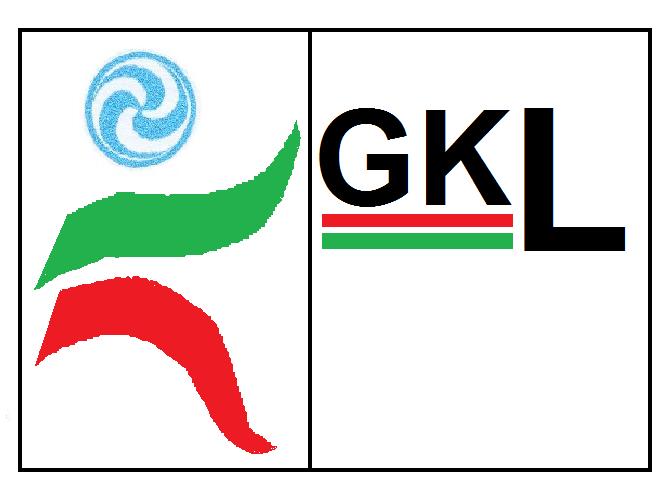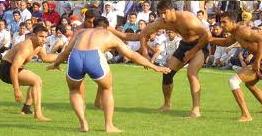
Lusitanian Kabaddi Federation

History and development of the Kauhaddo
The lusitanian Kauhaddo is a traditional (reconstructed) game very similar to Kabaddi of Asia. But with its own rules. As modern Kabaddi is a synthesis of the game played in various forms under different names in different countries, the modern Kauhaddo is a traditional game in respect the ancient rules and codes of honour of the players.
Attempts to popularize Kauhaddo in all the lands of Lusitania, have been made by the ACEL-Trebopala, the main organization of the lusitanian native people of Portugal, which are fighting for the revival of the Lusitanian Nation and its official recognition by the centralist and colonial portuguese government. After the first games organized by the Lusitanian Federation of Kauhaddo (established in 2010) the Kauhaddo itself becomes more popular among the lusitanian people self-conscient of their national and native identity. Before the start of each game of Kauhaddo, both teams must do a cerimonial ritual of martial canticles and dance called in the lusitanian language Viroinache during about 1 minute.
The principal rules of lusitanian Kauhaddo are very simple (and very similares to indian Kabaddi), for instance. Two teams, occupy opposite halves of a field and take turns sending a "raider" into the other half, in order to win points by tackling members of the opposing team; the raider then tries to return to his own half, holding his breath and chanting "hado-do, hado-do..." during the whole raid. Each team must have 8 players. Teams take turns sending a "raider" to the opposite team's half, where the goal is to tag or wrestle ("confine") members of the opposite team before returning to the home half. Tagged members are "out" and temporarily sent off the field. Meanwhile, defenders must form a chain, for example, by linking hands; if the chain is broken, a member of the defending team is sent off. The goal of the defenders is to stop the raider from returning to the home side before taking a breath. Each time a player is out the opposing team earns a point or points. In official competition , at the end of the game, the team with the most points wins. But in traditional games, the team with more palayers out of the game or "catched" loses the game. Matches are categorised based on age, sex and weight. In official games five officials or referees supervise each.